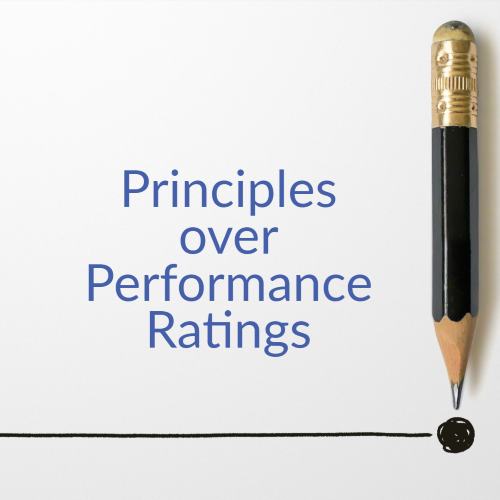With preliminary district and school performance framework ratings having been released by the state earlier this fall, the past month has been the time for districts and schools to review their performance against state expectations.
It has also been the time for districts to engage in the state’s Request to Reconsider process if they believe a preliminary rating issued by the state for a school or the district differs from their analysis.
The state allows districts to submit Requests to Reconsider when one or more of set conditions appear to be met:
- when the district can provide a greater body of evidence of student performance,
- when there is an identified calculation error, or
- when the district has an Alternative Education Campus (AEC) within its portfolio.
CSI absolutely believes in the flexibility of the Request to Reconsider process to ensure a complete context in considered when finalizing performance ratings. In fact, CSI has engaged in the Request to Reconsider process and has successfully increased and decreased school ratings based on a more complete picture of school performance.
However, there is one area of this process that doesn’t align with our principles:
CSI believes that all students matter and their hard work and progress
should be part of our state’s accountability system and ratings.
Unfortunately, that’s not the case with our current system, and we have worked hard over the last few years to communicate our concerns to stakeholders. Read our submitted op-ed on the matter that was recently picked up by the Donnell Kay Foundation:
All children in Colorado’s public schools matter, and their hard work and progress should matter too. While Colorado’s educational accountability system has long focused on student performance and continuous improvement, it continues to omit some of the highest-risk children, and as a result we aren’t holding ourselves accountable for how all kids are learning.
At Colorado’s state charter school authorizer, the Colorado Charter School Institute (CSI), we believe that needs to change. We believe all kids, including those who attend what are known as Alternative Education Campuses (AECs), should be counted when the state calculates school district performance.
While we aren’t currently required to count AEC students, we at CSI do. We believe all districts should.
Many of the highest-risk children in Colorado attend Alternative Education Campuses (AECs). AEC status is given by the state to schools when 90% or more of their students meet one or more high-risk indicators, such as gang involvement, repeated school suspensions, and being a pregnant or parenting teen. Today, Colorado has 93 AECs across 46 districts serving over 20,000 students.
These are schools dedicated to serving students who have faced significant challenges in their lives, which should make their progress matter to us even more.
New Legacy is an AEC charter school overseen by CSI dedicated to educating and providing wrap around services to pregnant and parenting teens and their children. The school is located in northwest Aurora, where the teen birth rate is particularly high and where school options for young parents are not easily accessible. While each student enrolled at New Legacy (and each student enrolled at any AEC) is part of the state’s public education system, under current policy, the state allows districts to exclude these students when calculating the district’s performance rating. If these students aren’t excluded, their unique circumstances and challenges are not considered despite a mandate from the legislature to do so.
You read that right: Colorado school districts and CSI have the option to remove data for students attending AECs before their district performance is calculated by the state. In 2018, more than 2,500 such students weren’t counted towards their school district’s performance.
More concerning is that while current Colorado legislation requires that the unique circumstances and challenges of the 20,000+ highest-risk youth be considered in district performance, current practice allows these students to either be excluded or ignored.
Since 2013, 18 districts requested that CDE exclude AECs from their rating, and one district already announced its intention to seek this flexibility this year.
Perhaps most significant is that two districts facing state-directed action because of years of failure have exercised this flexibility and, as a result, no longer face state sanctions. That doesn’t feel like accountability for the kids at the AECs.
While this flexibility may have developed with the best of intentions, its existence suggests that the state’s rating system does not adequately evaluate districts with AECs. In fact, the state only has an alternative accountability system available for schools.
CSI’s strong belief in transparent and consistent accountability that includes all students is reflected in its decision to not remove AEC students despite the fact that CSI would have received a higher performance rating. All of the students at New Legacy that are working to better themselves and their children are part of the educational community and deserve to be included, counted, and celebrated. To omit them would minimize and marginalize the students, staff, family, and communities working to impact two generations at a time.
To be clear, we are not levying criticism against districts that choose to exercise the flexibility provided to them under the current accountability system. Instead of perpetuating the current system, we believe we should engage in a deeper discussion as a state to develop a district accountability system that ensures the performance of all students—even the highest-risk youth attending AECs—count.
Ryan Marks Charter School Institute Director of Evaluation and Assessment
Terry Croy Lewis Charter School Institute Executive Director

